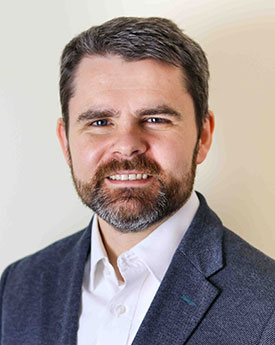About us
Modern theoretical cosmology is concerned with the application of new theories of particle physics and gravitation. These theories help us to understand the evolution of the Universe from the earliest time to the present day. There are two essential reasons for doing this:
- to understand the Universe we observe around us today
- to test new particle physics theories and gravity theories against observation
Astroparticle Physics (also known as Particle Cosmology) relies on the fact that different theories make different predictions about the evolution of the Universe and therefore about the present-day state of the Universe. One in effect uses the Universe as a 'cosmic collider', with the telescopes used by astronomers and underground experiments used to detect dark matter playing the role of the particle detectors of collider experiments. The results of Astroparticle Physics complement those of colliders such as the CERN Large Hadron Collider. The 'cosmic collider' reaches energies vastly more extensive than those that can be reached by any collider on Earth.
Lancaster has been at the leading edge of research in theoretical cosmology and astroparticle physics since it became an established field in the early 1980s.
A significant part of our research is on the origin and nature of the primordial density perturbation. This serves as the 'seed' for the cosmic microwave background temperature fluctuations and the large-scale cosmological structures we can observe today. The group has made outstanding contributions to inflation theory. This theory accounts for the primordial density perturbation, in particular, the development of scalar and vector inflation and curvaton models, inflation models based on weakly-interacting dark matter particles, and supersymmetric inflation models.
We have also made fundamental contributions to:
- dark matter and baryogenesis
- the cosmology of supersymmetric particle theories
- Q-balls in supersymmetric cosmology
- primordial magnetic fields
- many other topics in modern cosmology and astroparticle physics
Key Research
- Inflation Theory and Primordial Perturbations
- Scalar and Vector Curvaton Theory
- Dark Matter and Baryogenesis
- Cosmology of Supersymmetry









